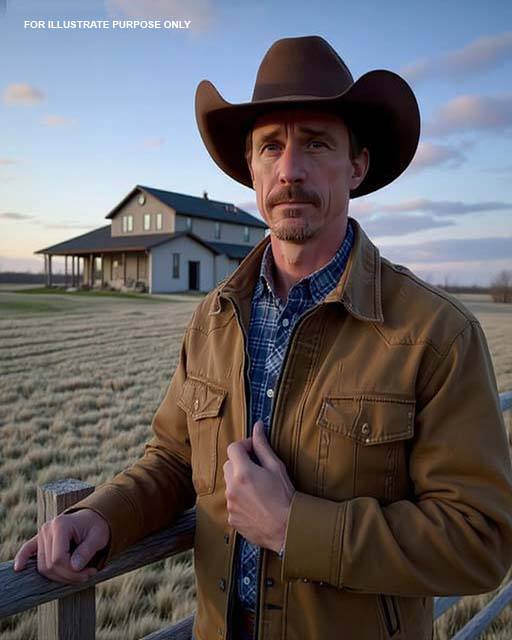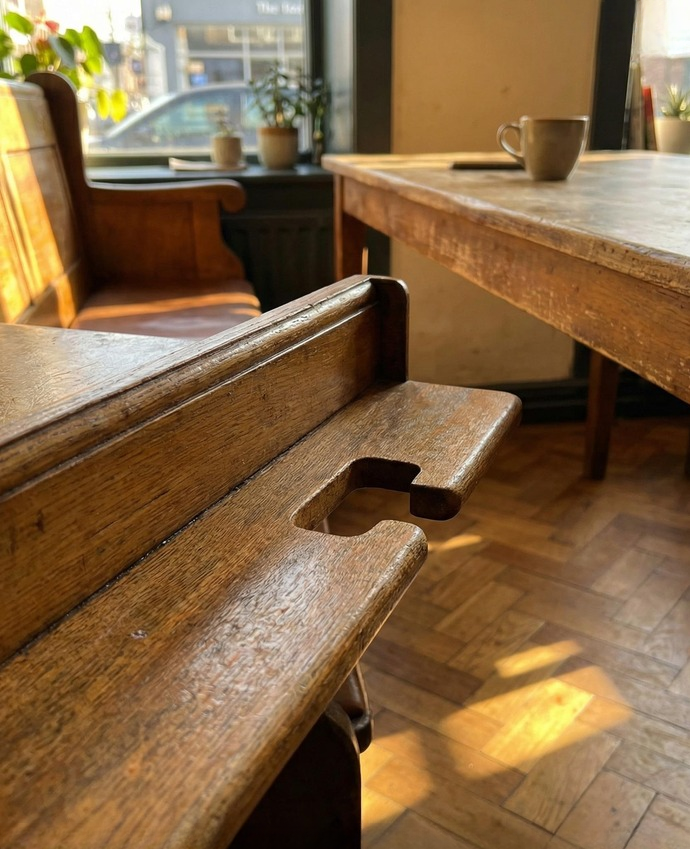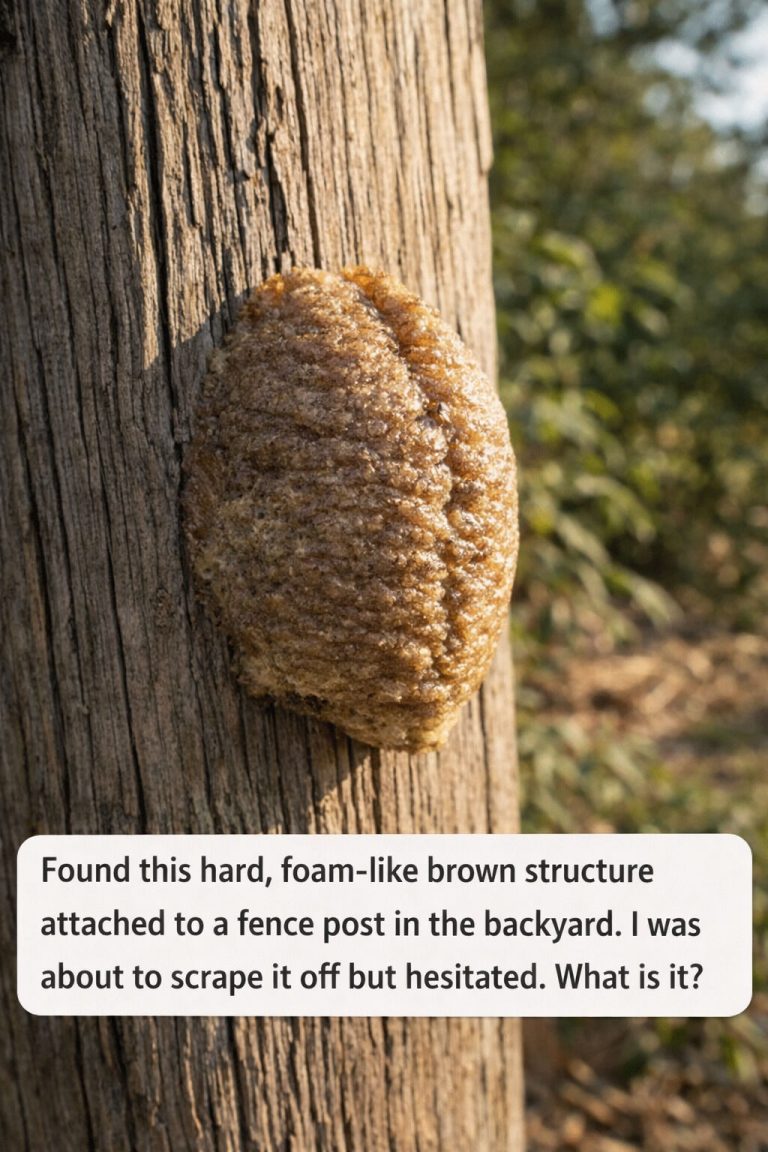
It began with a promise made in the stillness of a hospital room.
I held my grandmother’s fragile hand, her voice barely a whisper:
“Leah… rebuild the house. Make it beautiful again. Just the way I always dreamed.”
I nodded, choking back tears. “I promise, Grandma.”
Her lips trembled into the faintest smile. But then, almost like a warning, she added:
“That house holds memories… and secrets.”
At the time, I thought she was being poetic. But I would learn her words were anything but.
The Collins house had been in my family for generations, standing proud in Rosewood Valley. As a child, it had been my wonderland. But by the time Grandma passed, it was a shell of what it once was—ivy strangling the brick, beams sagging, the roof caving in.
When it became mine, I knew what I had to do. I promised her, after all. Rebuilding wasn’t just a project. It was a duty.
But from the moment word spread, the warnings began.
“Some things are best left buried,” an old man muttered at the general store.
“That house has seen things,” Mrs. Dalton whispered, her face pale.
I dismissed them as superstitions. Until demolition day.
On the fourth day, a worker shouted, “Miss Collins! You’re gonna want to see this.”
I ran over, and there it was—stonework hidden beneath the kitchen floor. Perfectly square. Too deliberate. They pried open a wooden hatch, and the stench of stale air and mildew spilled out.
My heart pounded as I grabbed a flashlight and descended the groaning steps.
It wasn’t a simple cellar. It was intentional. Shelves lined with yellowed books. Crates wrapped in canvas. A workbench with letters tied in string.
Also Read: Users React to Melania Trump’s New Official Portrait – Photo
And in the center—a large wooden chest, covered in cobwebs and dust thick enough to mark decades.
I brushed my hands across the lid. My fingers trembled as I lifted it.
Inside was something that made my blood run cold.
Something my grandmother had wanted me to find… or maybe, had hoped I never would.
Inside the chest was a stack of journals—leather-bound, brittle with age. The first one was embossed with the initials H.C.—Henry Collins, my great-grandfather.
I flipped it open, and the words leapt off the page.
“The experiments must remain hidden. No one can know what was done in this house. Not even the family.”
Experiments? My great-grandfather had been a respected doctor in town, remembered for his kindness. But the more I read, the less I recognized the man from the stories.
He wrote about patients brought in secretly at night. About “treatments” that blurred the line between medicine and cruelty. About failures—people who never left the house again.
My stomach twisted. This basement wasn’t a workshop. It was a lab.
And then, at the very bottom of the chest, wrapped in cloth, I found a small tin box. Inside lay photographs—faces of men, women, even children—labeled only with numbers. Their hollow eyes stared back at me, trapped forever in black-and-white.
The air grew heavy, and for the first time since Grandma’s death, her final words echoed clearly in my mind:
“That house holds memories… and secrets.”
My hands shook as I closed the tin. Because deep down, I realized something terrifying—
This wasn’t just family history.
This was a warning.
I stumbled back from the chest, nearly knocking over one of the dusty crates. My breath came shallow, the weight of the photographs pressing down on me like stones.
Why had Grandma wanted me to rebuild this place? Did she know what lay beneath it? Or had she hoped I’d finally bury these sins for good?
I gathered the journals, my hands trembling, and carried them upstairs. That night, I couldn’t sleep. The house creaked and groaned, the kind of noises that normally wouldn’t scare me—but now every sound felt alive, as if the house itself was breathing. Watching.
By dawn, I forced myself to read more.
One entry, dated March 3rd, 1927, froze me in place.
“The serum shows promise. Subject 12 survived the procedure longer than expected. But her screams… I fear they will never leave these walls.”
The words blurred as nausea clawed at my stomach. My great-grandfather wasn’t just experimenting. He was torturing people.
Then another detail caught my eye. Scribbled in the margin, in Grandma’s delicate handwriting, was a note:
“Leah, if you’re reading this—stop. Do not go further. Promise me you’ll burn what you’ve found.”
My chest tightened. She had known. She had hidden this truth for decades.
And yet, instead of burning it herself, she left it for me.
Why?
That evening, I returned to the basement with one goal: to finish what she couldn’t. To burn it all. But as I struck a match and lowered it toward the journals, a sharp sound split the silence.
Footsteps.
Not mine.
I froze, my pulse roaring in my ears.
“Leah…”
The voice was soft. Familiar. It was my grandmother’s voice.
But she was dead.
“Leah…”
The whisper slithered through the basement air, curling around me like smoke. My blood iced. I gripped the match so tightly the flame trembled.
“Grandma?” My voice cracked, weak against the silence.
From the shadows beyond the chest, something moved. Not footsteps, not a person—something slower, heavier. The air grew damp, the stench of mildew thickening until I gagged.
Then I saw her.
At first, I thought it was my imagination—my grandmother’s figure at the edge of the light. Her dress was the one she’d worn every Sunday, her hands clasped in front of her. But her face… it wasn’t right. Her eyes were hollow, dark sockets that seemed to swallow the glow of my flashlight.
“You shouldn’t have opened it,” she whispered. “I warned you.”
My hand shook so badly I dropped the match. The flame fizzled against the stone floor.
“What is this?” I gasped. “What did you hide down here?”
Her figure tilted, head twitching at an unnatural angle. “The house remembers. The blood stays.” Her voice was layered now, not just hers—dozens of voices overlapping, men and women screaming through her throat.
The chest behind me groaned. Its lid rattled as if something inside wanted out.
“Burn it!” she shrieked suddenly, her hollow face lunging toward me, eyes blazing white. “Before it wakes!”
I scrambled, fumbling for another match, my hands slick with sweat. I struck it—light flared. With every ounce of strength, I hurled it into the chest. The journals caught instantly, flames devouring the brittle pages.
The house roared. That’s the only way I can describe it. The walls shook, the shelves rattled, the screams poured out like the souls themselves were being dragged into the fire.
I bolted up the stairs, slamming the hatch shut behind me. The floorboards rattled, then fell silent.
When the fire finally died, I crept back down. The chest was nothing but ash.
And so was she. My grandmother’s figure was gone.
But carved deep into the stone wall, fresh as if scratched by unseen hands, were words that made my stomach twist:
“You burned the cage. Now they are free.”



